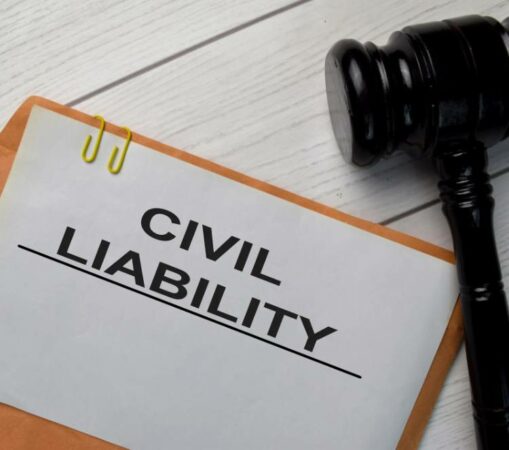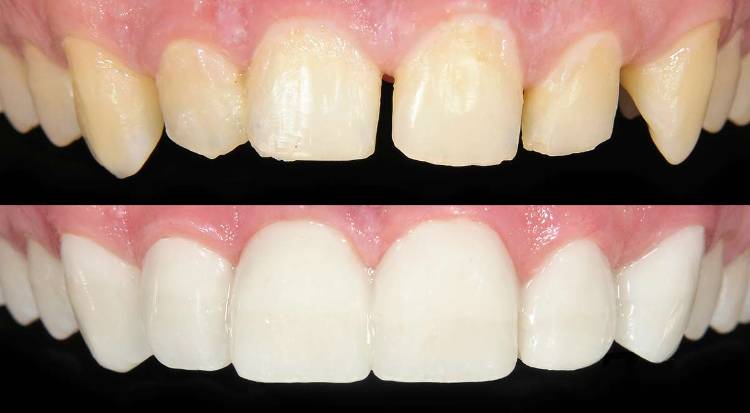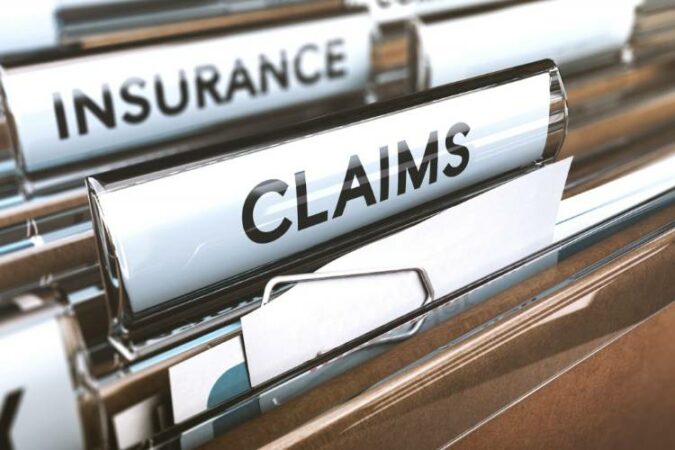
Your action should be held accountable and responsible. When it endangers other parties, you should be responsible to those people. It may cost a lot of money and time, but you have no choice but to show your effort. To be efficient, you can buy civil liability insurance. But what is civil liability insurance?
A claim that comes from a third party is still valid as long as you are legally liable to be responsible for your action. Though you did it intentionally, you should pay the third party as much as their loss. Here is an explanation about this insurance and why you need it for your protection as well.
Definition of What is Civil Liability Insurance

Civil liability insurance is a protection for the insured because someone pointed out that the insured party did something wrong, and it has been harmful to the third party. The third party has suffered, such as injury and loss, so the insured party should be responsible for paying out the damage.
This insurance is a good provider for everyone who has the risk of making mistakes. For example, a landlord should buy this insurance in case her action damages other people who rent their space. There is a limitation that the insured party will get covered as long as the damage is unintentional.
Who will get the payout from the insurance company? It is the third party who claims the damage or injury to the insured party. The insured parties themselves will get zero. At least, they do not need to pay any cent to the party who claims that they are suffering from the damage.
Some insurance companies mention this insurance as third-party insurance because it will not pay the policyholders. There are some limitations that a policyholder should know about this, including the types, coverages, and how this insurance works, so they do not think it is a great loss for them.
How Civil Liability Insurance Works

1. When the event happens
Since this is a third-party insurance, the way the insurance works is simple. The policyholder must be accountable for the actions they had done and it is unintentional. There are third parties who claim that the action is harmful and that they need compensation for the damages caused.
Later, the policyholder should make a report to the insurance company with the third party. The claim will be a bit complicated because you need to attach many documents related to it, such as photos and videos if any. Both parties should be aware that there is damage because of an event.
2. When the third-party claims
The third party should claim the damage based on the evidence. The claim should be an event where it happened unintentionally. Thus, if the damage is coming from an intentional event or crime by the policyholder, the insurance company will deny the civil liability insurance for the third party.
The insured party should compensate the third party with their own money. Insurance companies will not be responsible and there is no right for both policyholder and third party to sue the insurance company. The case will be handled by the police immediately.
3. Insurance company pays
The last process is where the insurance company pays the third party as compensation. The coverages are limited, depending on the policy that the policyholder has bought. The amount of coverage may not be the same with the loss. The rest is the responsibility of the policyholder.
The Types of Civil Liability Insurance
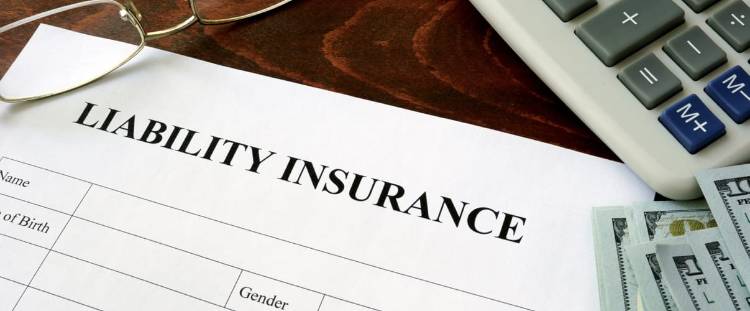
1. Product’s liability
For a business, it is important to buy this insurance because the customers might be injured, suffering, or even dying because of the product. Though this case may be rare because the customers barely sue the business, it helps your business from the expense of a lawsuit.
2. Commercial liability
This is insurance that will cover a third party because of the mistake coming from an employee that causes damage to the property. This coverage is wider and includes the employee’s injury. You have to prove that your business is under intellectual property and employment practices.
3. Employer’s liability
The main purpose of this insurance is to protect the employee in case there is something wrong with the working environment that causes death. If the employer gets sued because of that event, the employer’s liability will pay out the claimants to compensate for the injury to the death.
4. Indemnity insurance
This insurance is also part of civil liability insurance. Indemnity insurance means the protection for the professional and business from the performance’s failure. the failure might bring a huge loss that the business suffers from it. The insurance will cover this issue.
5. Comprehensive general civil liability
This insurance will cover the damage in general. The policyholder is usually a business owner from any scale, even the business in the field of joint venture or partnership. When the business is sued, there will be compensation for the third party. The price is different based on the business.
6. Umbrella liability
This term describes the protection for the specifically catastrophic losses. Usually, if the policyholder can not cover the whole loss, then this umbrella liability will be covered. It is designable and you should discuss this with your agent about this liability.
7. Director and officer liability
This liability helps the boards of directors and executives when the company is sued by the other parties. It is a huge protection for their position, including the employees. This is a rare insurance unless the business is a public company or a big private company.
Inclusions and Exclusions in Civil Liability Insurance

1. Inclusions
The insured party means they are the persons who are liable and fulfill the requirements. They are also the policyholders or become the head of the household. Only the policyholder should be responsible and accountable for claiming this insurance for the third party.
The consequences for property liability are related to the water, explosion, and fire. When the damage is caused by animals, the policyholder should be the owner of that animal, yet the animal should be a domestic one. The personnel who cause the damage should be domestic to the policyholder.
2. Exclusions
The exclusion of civil liability coverage will apply when the policyholder and the third parties are participating in competitions, bets, or challenges. The insurance company will deny the claim because of the risk of participating in those events.
The claim will be denied in case the third party finds that the loss or damage is because of penalties or fines. Since this is a basic requirement, the insured party and the third party should give evidence to the insurance company.
Does The Insurance Cancel The Lawsuit?
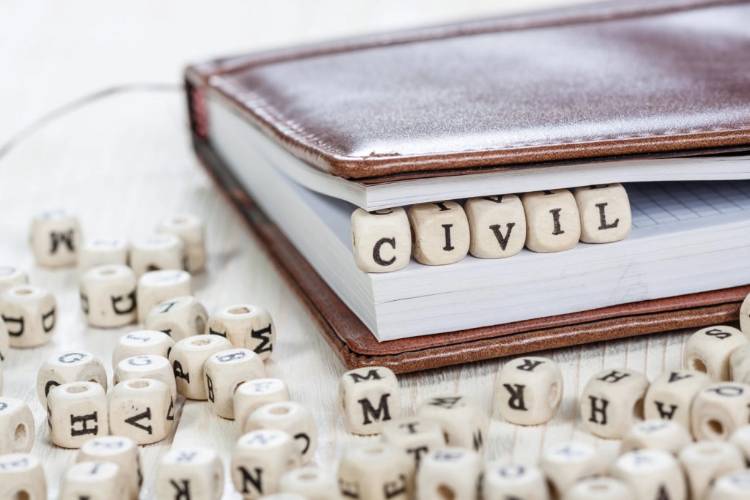
The insurance only covers the expense of a lawsuit for the third party. The policy of this insurance will not be able to cancel the lawsuit. The details should be consulted with the insurance company agent including the rights of the policyholder and third party.
What is civil liability insurance in general? It is the insurance that will protect the policyholder and the third party who is suffering from the damage. However, this insurance will not be applied in case the policyholders make intentional mistakes or criminal actions.
